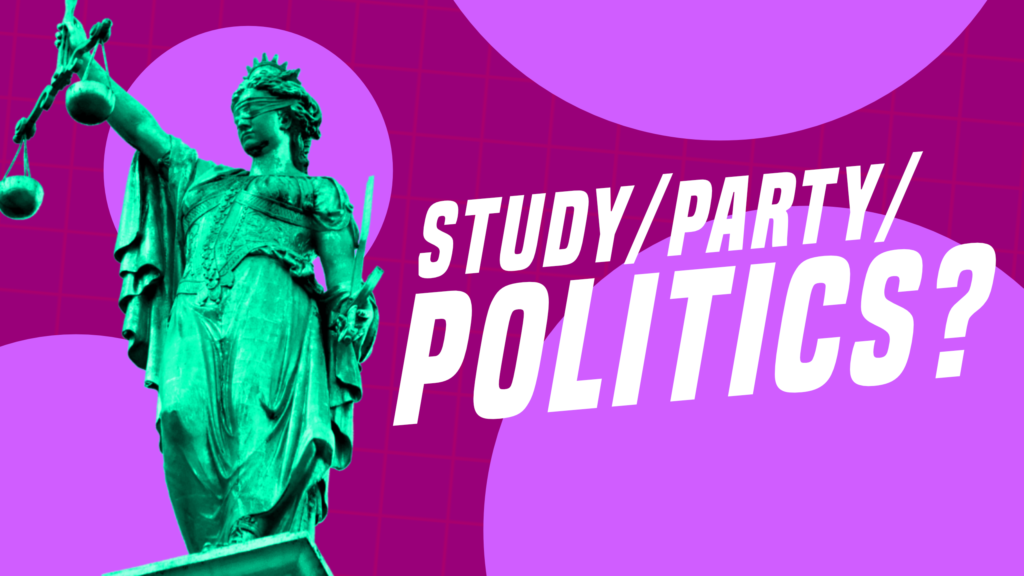Political engagement can be difficult while balancing academics and can sometimes require personal sacrifices. Elise Bargman, anticipated ‘22, has taken a full academic year off from Grinnell College to continue her involvement with the Pete Buttigieg campaign. Bargman has an extensive history with the Buttigieg campaign. She worked as a volunteer over the summer and even turned down other plans because she felt so strongly about the work she was doing.
“I actually had other internship plans that I was going to do. I was going to be doing stuff at the Lesbian Herstory Archives in New York. … I decided whether I got the internship [with the campaign] or not, I was going to volunteer full-time,” said Bargman.
Even while studying abroad with the Grinnell-in-London program, Bargman continued to volunteer. Her campaign work impacted her cultural immersion and academics, but to her, it was worth it.
“It’s sort of this once-in-a-lifetime opportunity to live up to my values and put my money where my mouth is. I don’t want to come around to November … and have lifelong regrets that I didn’t do enough,” Bargman said.
Like Bargman, Mariyah Jahangiri ‘20 and Dylan Bremner ‘20 believe that their political work is a once-in-a -lifetime chance to be part of a political phenomenon. Additionally, all three students believe that their political work has introduced them to learning that extends beyond the classroom and furthers their academic experience.
Jahangiri has been involved with politics throughout this academic year. Until November, she was a co-chair of the Students for Warren group on campus. After switching candidates, she decided to come back early and volunteers whenever she has spare time.
“I think the main way [my involvement] has impacted my academics is not in the sense [of a burden],” she said. “If anything, it has aided in my understanding of organizing and social movements and the way politics works in this country.”
Jahangiri feels that political engagement is a supplement to her studies. As a sociology major with a political science focus, this volunteer work directly relates to what she is passionate to learn about.
“Every time I’m in class I’m itching to not be in class. I want to be out canvassing,” she said.
Bremner has been involved with the campaign since early January. He is in a unique position, as he is technically spending his semester doing off-campus research and will leave in February to study social movements in New York. However, this volunteer work will set him back by a couple weeks in his research.
“It’s a tough call to make because I will be behind in my plan, but it just felt worth it,” he said.
Many Grinnellians’ evenings will be affected by the caucuses next week. The caucuses will take place on Monday evening, and have the potential to impact homework, work, extracurriculars and potentially Monday night classes.
There is no set College policy or procedures for extracurriculars or classes during the caucuses. As Anne Harris, Head of Academic Affairs and Dean of the College wrote over email to The S&B, “Classroom attendance is the faculty member’s purview.”
According to Harris, professors can choose to not accommodate students for the caucuses, as per the Faculty Handbook. The handbook states: “The individual faculty member determines the policy for class attendance in courses and shall inform students of that policy.”
“Faculty members carefully craft their syllabi and course sessions for their classroom communities, and they have the final determination in classroom attendance,” Harris wrote.
Harris believes that civic engagement, even beyond the caucuses, is reflective of the College’s mission of social activism. However, she acknowledges that academics may take priority.
“The College’s primary value is ‘Excellence in Education for Students in the Liberal Arts’ followed by a ‘Diverse Community’ and ‘Social Responsibility,’” she wrote. “We may have an instance where those faculty members who will be holding class on Monday evening feel that the educational mission supersedes the civic engagement of social responsibility. Or that civic engagement can be met in other ways. It’s worth a discussion!”
Professor Todd Armstrong, Russian, was faced with this issue. He teaches a Monday night class and cancelling the Feb. 3 session outright would mean losing a week’s worth of material. He chose to keep class on Monday and schedule a make-up session the next day for those wanting to participate in the caucuses.
“I didn’t want to encounter a situation where students were going to suffer because of their sense of responsibility to participate in the democratic process. And I would have offered the same, no matter what caucus was taking place,” Armstrong said.
“Since it’s one party, the College doesn’t take a position on one candidate or another. … We would not embrace a policy that would favor one side of the political spectrum or the other. There are two sides to this, whether you like one side or the other. There are conservative thinkers on campus, whether among faculty, staff or students. That can be a difficult position to be in because of that sense of [a] progressive [school], therefore we should all believe in the same thing.”


























































